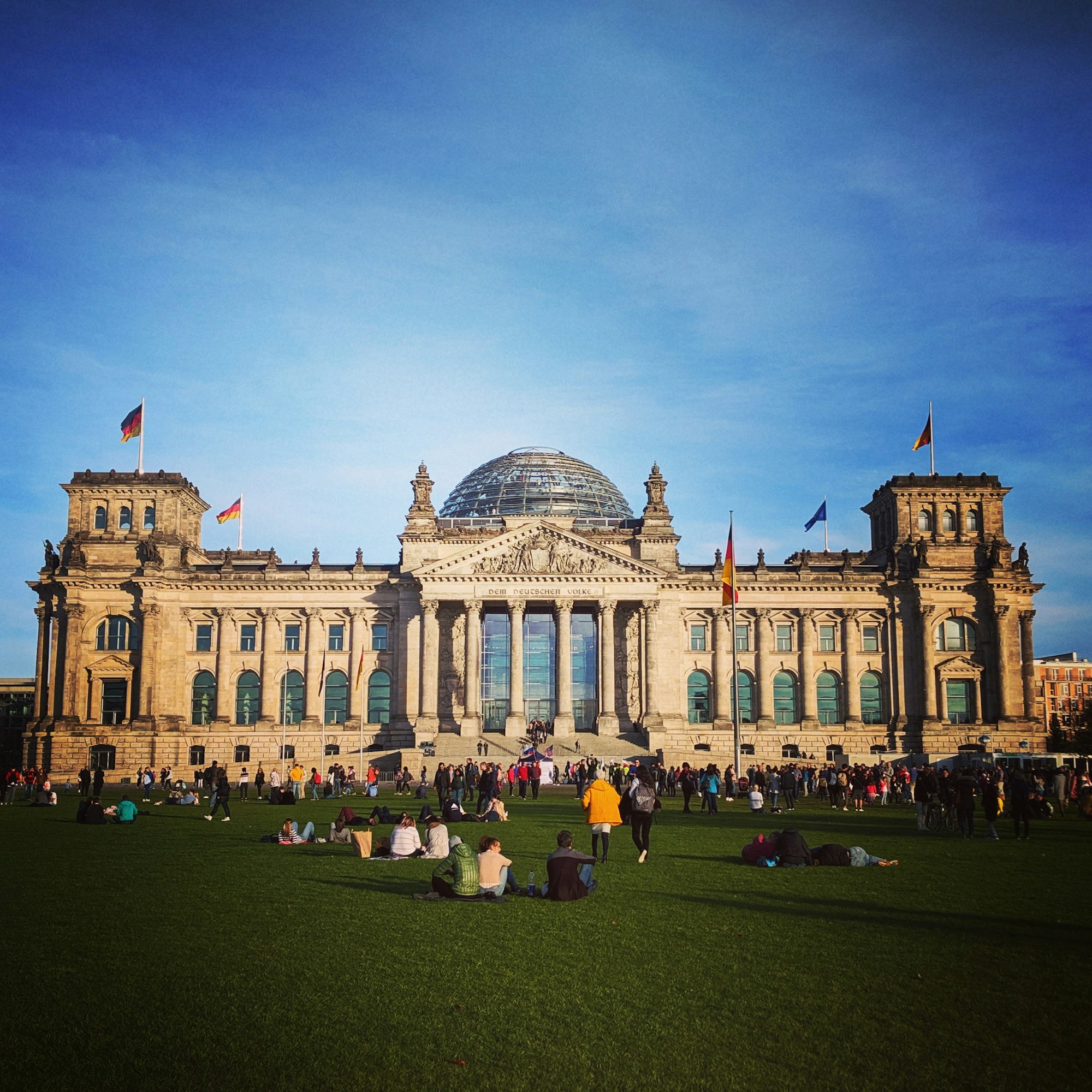View the Country Report for Germany in the Oxford Compendium of National Legal Responses to Covid-19
The German approaches against the pandemic can roughly be categorized in four chronological stages: during a first phase as of mid-March 2020, severe restrictions on general mobility and the closure of most facilities were ordered throughout the Republic. A second stage, beginning at the end of April 2020, brought significant relaxations. A third stage with new restrictions due to rising infection numbers began in October 2020. For November and the first half of December 2020 a ‘light lockdown’ was implemented, with shops and schools being kept open. As infection numbers did not decrease, a new ‘hard lockdown’ was implemented as of 16 December 2020, virtually lasting until May 2021 when most of the severe restrictions were lifted, also enhanced by the increasing progress in vaccination, which is the starting point of a fourth, once again relaxed phase.
Germany is a federal State, complemented of the federal level and the 16 Länder. While the federal level is vested with strong legislative powers, the Länder have most competences for the implementation of legislation (‘executive federalism’). Accordingly, the most important law regarding the pandemic, the Infection Protection Act, is a federal statute which is executed by the authorities of the Länder. Despite this division of competencies, the Federal Government saw the political need to ensure a coordinated overall approach among the Länder, holding repeated informal meetings with the minister-presidents of the Länder in order to develop a unified strategy to be subsequently legally implemented by the Länder. During the crisis, regulations (Rechtsverordnungen) have been the central legal instrument for this implementation of rules at the Länder's level. In general, these are issued without parliamentary participation. When the Länder and the Federal Government failed to reach an agreement regarding intensified restrictions in April 2021, the Federal Government decided to introduce uniform rules through an amendment of the Infection Protection Act, the so-called 'federal emergency break' ('Bundesnotbremse'), which ordered severe restrictions, depending on regional infection numbers, directly at the statutory level, without the legal need for additional implementation by the Länder.


